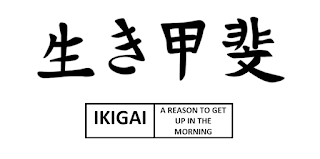Appreciating flaws – Wabi Sabi

Beauty is usually perceived as something which is eternal, flawless and perfect - a taste of beauty that is shaped by an appetite for excellence that cannot be exceeded. Since the arrival of Snapchat, Instagram and Facebook, perfectionism has ramped up a notch, arguably motivated by the need to seek approval and validation. Posts, videos and photos of photogenic holidays, aesthetic snapshots of meals out and a perfect selfie, accompanied by numerous adverts promoting everything from perfect skin to perfect life. Judgments, based upon what is considered perfect, have consequences that affect the quality of life, and the social and political climate of a society. We hear and experience so much anxiety and pressure to be perfect. Perfection – a different perspective Perhaps the reason is partly to do with perception and the conventional concept of beauty and perfection. The ancient Eastern aesthetics is very different and the core of the difference is ca...





